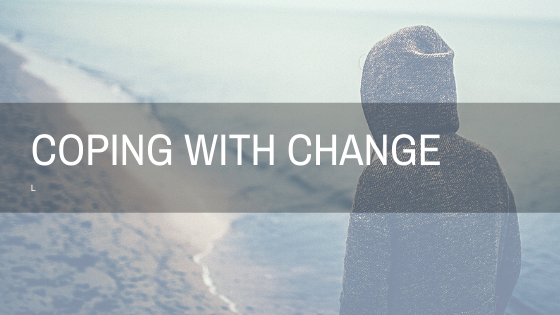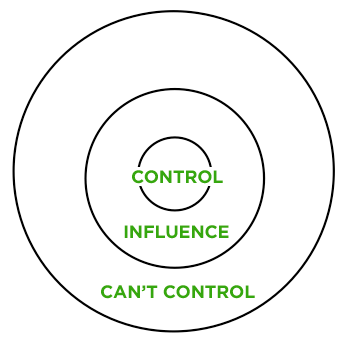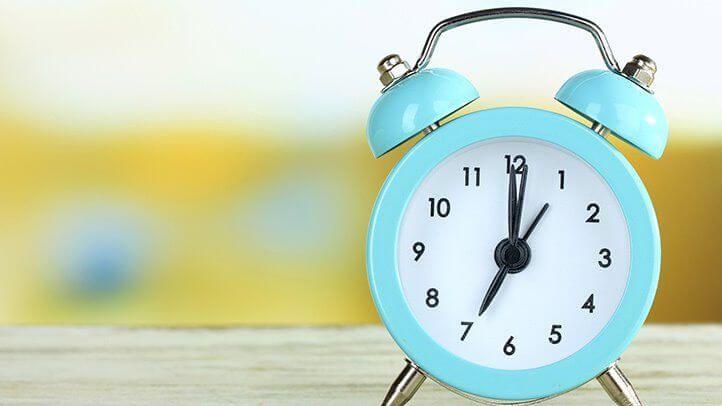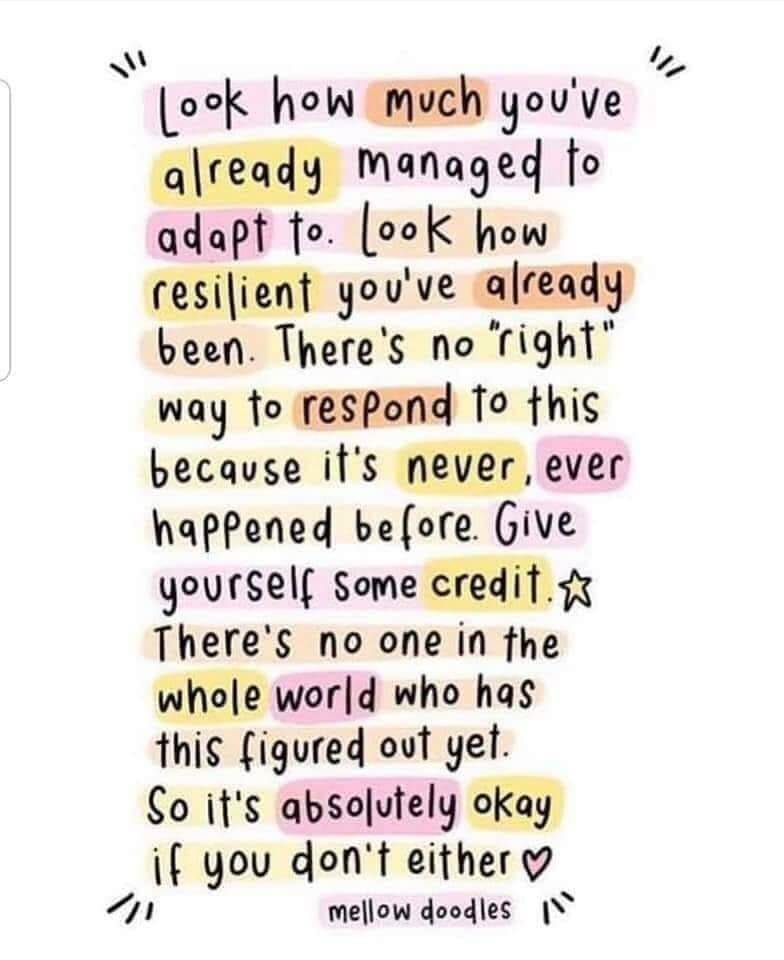Coping with Change

We are in a time where we are all having to adapt, find new routines and rhythms, as what we previously knew and understood has changed.
As I was reflecting on how we cope with change, and what I have personally found helpful during this time, three things came to mind, they were Recognise, Routine and Resilience. So let's explore these a little bit more...
Recognise
Recognising what we can and can’t control during this time is really important. There are many factors which we can’t control, however, there are still many things we can. For example, we may not be able to control what is on the news, but we can control how much we watch, listen or read it. We may not be able to control the amount of time we can spend outside to exercise, but we can still do exercise within the house. We may not be able to connect and see people physically, but we can still choose to connect with them, whether that’s over the phone, virtually or writing a letter. We have control with the choices that we make and the lens that we choose to look through.
A useful resource which we often use in mentoring is the ‘Circle of Control’, helping the young person think through what they can control, what they have some influence over and what they can’t control. Doing this is a helpful way of seeing visually what you can and can’t control. It helps to recognise where to put your time and energy, not focusing on the things outside of your control but instead working on the things inside your circle of control and focusing on what we can do.

Routine
One thing we have control over is how we manage our time. Something that I, personally have found really helpful during lockdown, is developing a routine. This routine may need to adapt and change, however, there are some key markers that now form part of my routine. I love to start my day in quiet and prayer and then I have become a fan of P.E. with Joe Wicks. I have found these two things, set my morning up well and get me motivated to face the day! What could your morning routine look like that provides space for reflection and exercise?
A routine helps our brain to know what is happening and helps to give structure. When starting to develop a routine it is helpful to think about, what are the activities that bring you joy? What helps you to relax? What will get you motivated? How can I connect with others during this time? (If you are finding screens tiring, how about writing a letter to someone?) How can you keep active?
Within the routine it can be helpful to set good rhythms, for example, making sure that the weekends feel different to the weekdays. I have found it helpful to make sure that Saturday’s are the only day, I allow myself to lie in, my housemate and I will always go for a different walk on a Saturday afternoon and I have a virtual breakfast with my parents on Sunday, followed by online Church, these are all markers which make the weekend feel different from the weekdays, so that the days don't all merge into one. A helpful question to ask yourself is:
What are the key markers which are going to help bring Routine into your day...?

Resilience
During this time, we are all having to learn how to adapt, be flexible, and are learning about what it means to be resilient. As we learn more about what it means to be resilient, lets continue to show ourselves and others around us compassion and grace. I love this picture below because I think it sums it up well!

How can you begin to recognise what you can and cannot control to manage your mental and emotional energy? What does a good routine look like for you? And how can you remind yourself that you are resilient and to keep growing it?
Never miss a Phase blog post - subscribe here

